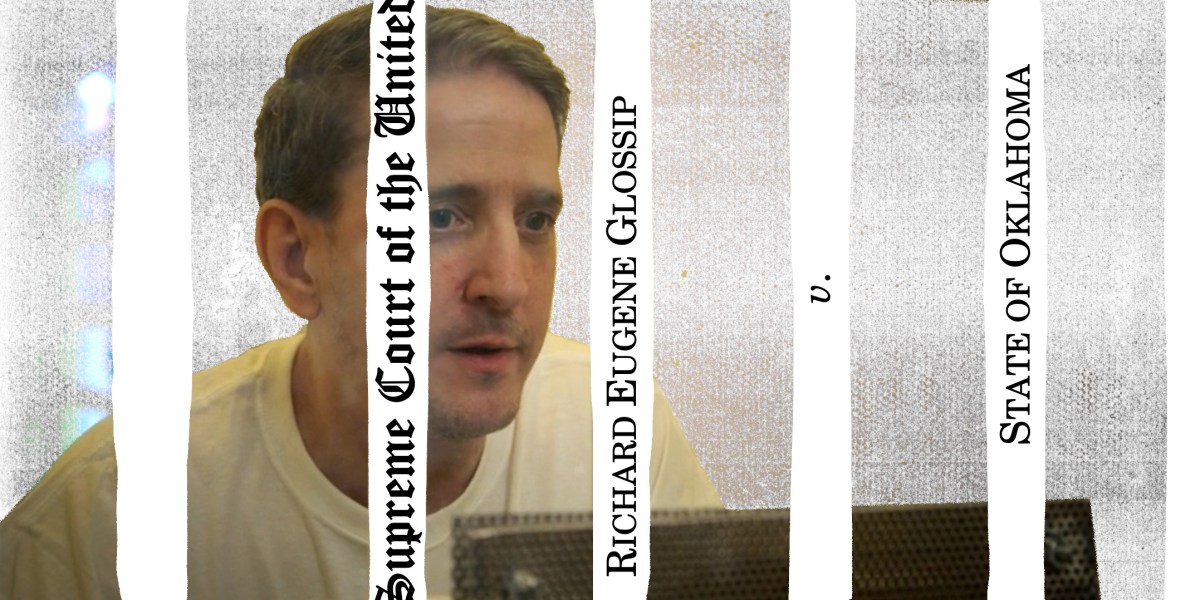Ordinarily, a state’s attorney general would be the one arguing to the high court that an execution should move forward. But since virtually the moment he took office in January 2023, Oklahoma Attorney General Gentner Drummond has taken unprecedented action to spare Glossip’s life. In Drummond’s view, the case against Glossip was so tainted by prosecutorial misconduct that his conviction should be overturned.
Drummond told the Oklahoma Court of Criminal Appeals as much last year, when he came forward to ask the court to vacate Glossip’s conviction and order a new trial. The court rejected the overture, however, clearing the way for Glossip’s execution. Glossip appealed to the Supreme Court for intervention, an effort that Drummond joined. As such, there was no one from Oklahoma arguing in favor of killing Glossip. Enter (Christopher G.) Michel, (former law clerk to Chief Justice John Roberts).
In a brief filed on July 8, Michel took on the task (of acting as advocate to deny a new trial) with gusto — even if his recitation of the facts of Glossip’s case, and of the lower court’s ruling, was misleading and incomplete. Michel argues that the court should pay no mind to Drummond’s concerns about the legality of executing Glossip. “Nothing in the Constitution compels a state court to provide a particular measure of deference to a state official’s confession of error,” Michel wrote. In other words, it doesn’t matter how flawed Drummond believes the case is, the court is under no obligation to take those concerns seriously.



The tricky thing here (as far as I understand it) is that the appeal to the Supreme Court is not about whether it was a good idea for the Oklahoma Court of Criminal Appeals not to vacate the conviction. It’s about whether the Oklahoma Court of Criminal Appeals did something contrary to the law when it chose not to vacate. Does that court have a legal obligation according to the Constitution to defer to the Attorney General, not just in this case but in all similar cases?
I think that it is in fact true that “Nothing in the Constitution compels a state court to provide a particular measure of deference to a state official’s confession of error.” Maybe there ought to be something like that in there but that’s not the Supreme Court’s job to decide (despite their trend of making such decisions anyway). The people of Oklahoma should have elected judges more concerned with not executing people who might be innocent.
The American judiciary seems more interested in their idea of Christian right than truth or facts.
The Supreme Court decides the scope of appeals and can ask for reargument if they think the parties are talking about the wrong issues
“No State shall make or enforce any law which shall abridge the privileges or immunities of citizens of the United States; nor shall any State deprive any person of life, liberty, or property, without due process of law; nor deny to any person within its jurisdiction the equal protection of the laws.”
If this travesty counts as a due process of law then the phrase has lost all meaning.